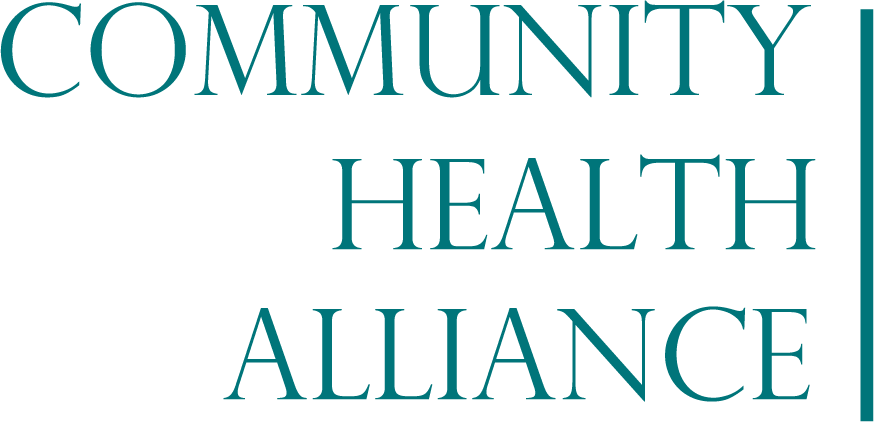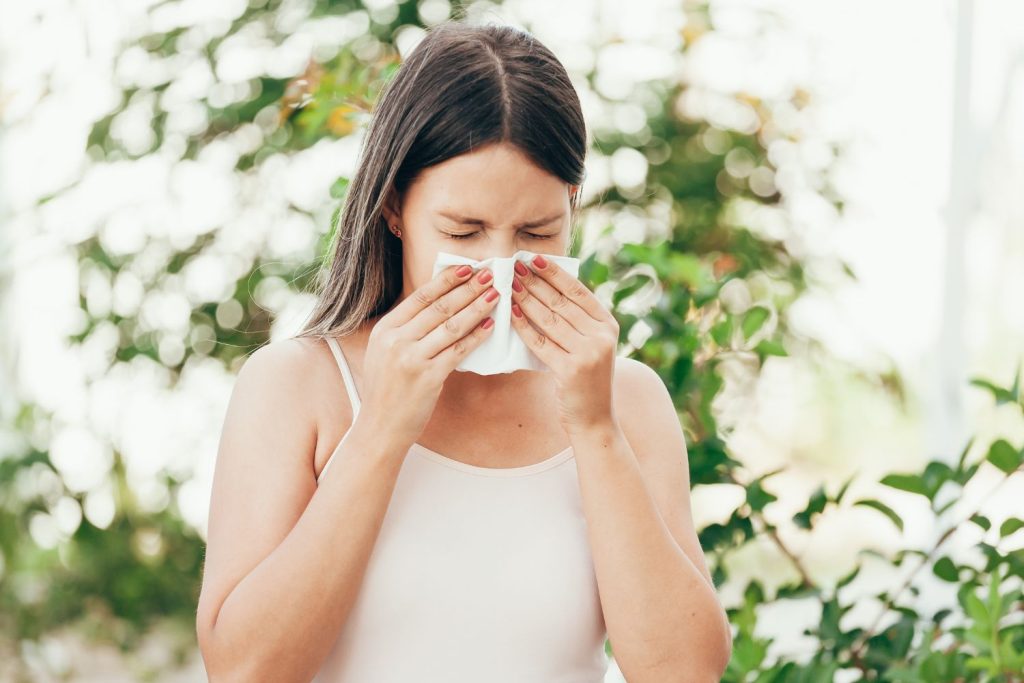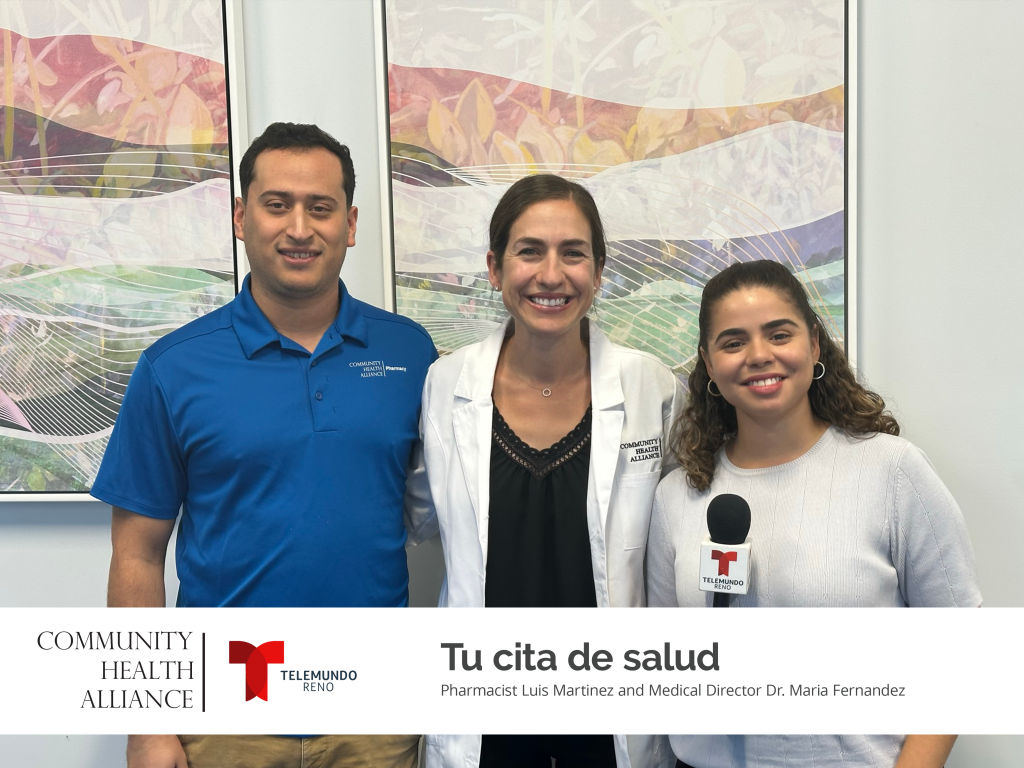COVID-19 and Childhood Obesity
The Impact of COVID-19 on Childhood Obesity
COVID-19 caused drastic impacts to people’s routines with school closures, stay-at-home orders, loss of employment, and devastating loss of life. Changes in routines are associated with increased stress, loss of physical activity opportunities, and loss of proper nutrition. Children gained weight at an alarming rate during the pandemic. According to the CDC, for persons aged 2-19 years, the rate of body mass index (BMI) more than doubled during the pandemic.
Social Determinants of Health and Obesity
- The likelihood of obesity was 50-53 percent greater among Hispanic and Black children compared to their White counterparts (Yusef, 2020).
- The prevalence of obesity decreases as the head of the household’s level of education increases (CDC, 2021).
- Obesity prevalence was 18.9 percent among children in the lowest income group compared to 10.9 percent in the highest income group (CDC, 2021).
- Obesity prevalence is higher among children who have public insurance compared to children who have private insurance coverage (Yusef, 2020).
The Impact of Obesity on Health
According to the CDC, obesity harms our bodies in multiple ways. Children who have obesity are likely to become adults who have obesity.
- Obesity is associated with high blood pressure and high cholesterol. High blood pressure and high cholesterol are risk factors for cardiovascular disease.
- Obesity is associated with an increased risk of Type 2 diabetes
- Childhood obesity is related to psychological problems like anxiety and depression as well as social problems like bullying.
Healthy Habits for Prevention and Management of Childhood Obesity
Using this simple evidence-based model can help form healthy habits:
5- five servings of fruits and vegetables
2- two hours or less of screen time
1- one hour or more of physical activity
0- zero sugary beverages
Community Health Alliance’s Healthy Living Program started in 2016 to advance the prevention and treatment of childhood obesity. The program integrates clinical care, research, quality education, and community advocacy. The team includes a pediatrician, dietitian, psychologist, promotora, and coordinator. The program is six months long and includes nine virtual classes to teach children and families about healthy habits. The Food Bank of Northern Nevada provides a produce bag for families that includes five servings of fruits and vegetables at each appointment.
Check out our website to learn more. Be sure to ask your primary care provider for a referral to our program.
Sign Up for Our Newsletter
SubscribeSign Up for Our Newsletter
By submitting this form, you are consenting to receive marketing emails from: Community Health Alliance. You can revoke your consent to receive emails at any time by using the SafeUnsubscribe® link, found at the bottom of every email. Emails are serviced by Constant Contact
By submitting this form, you are consenting to receive marketing emails from: Community Health Alliance, 680 S. Rock Blvd, Reno, NV, 89502, https://www.chanevada.org. You can revoke your consent to receive emails at any time by using the SafeUnsubscribe link found at the bottom of every email.


